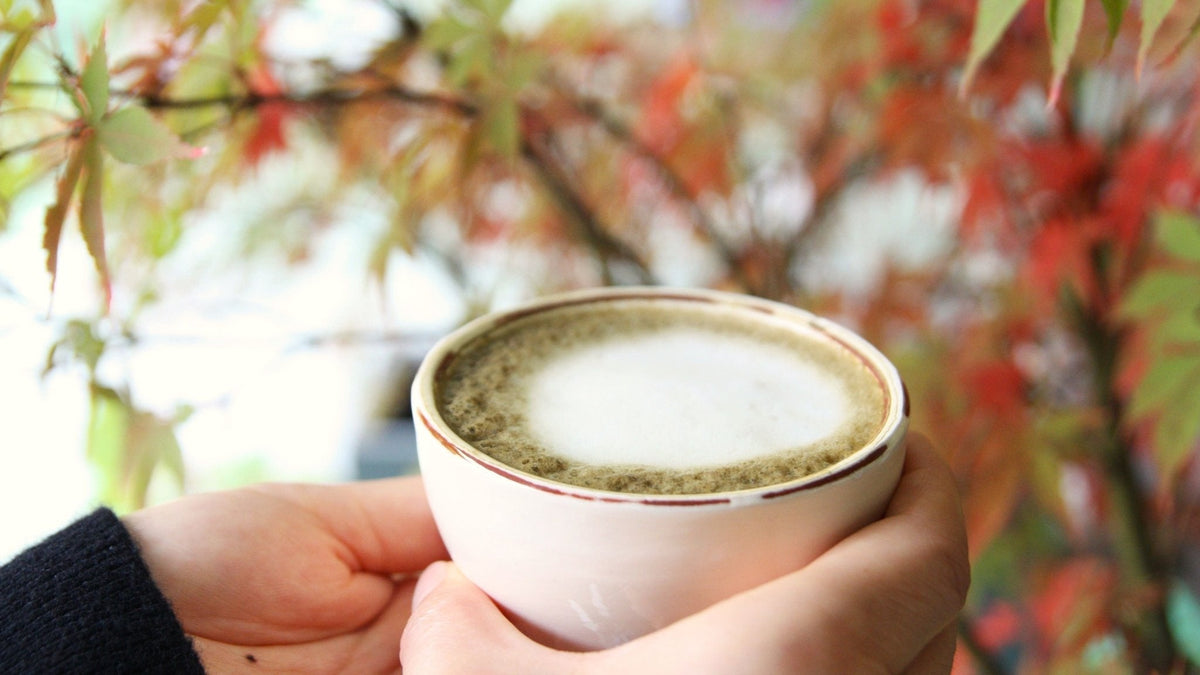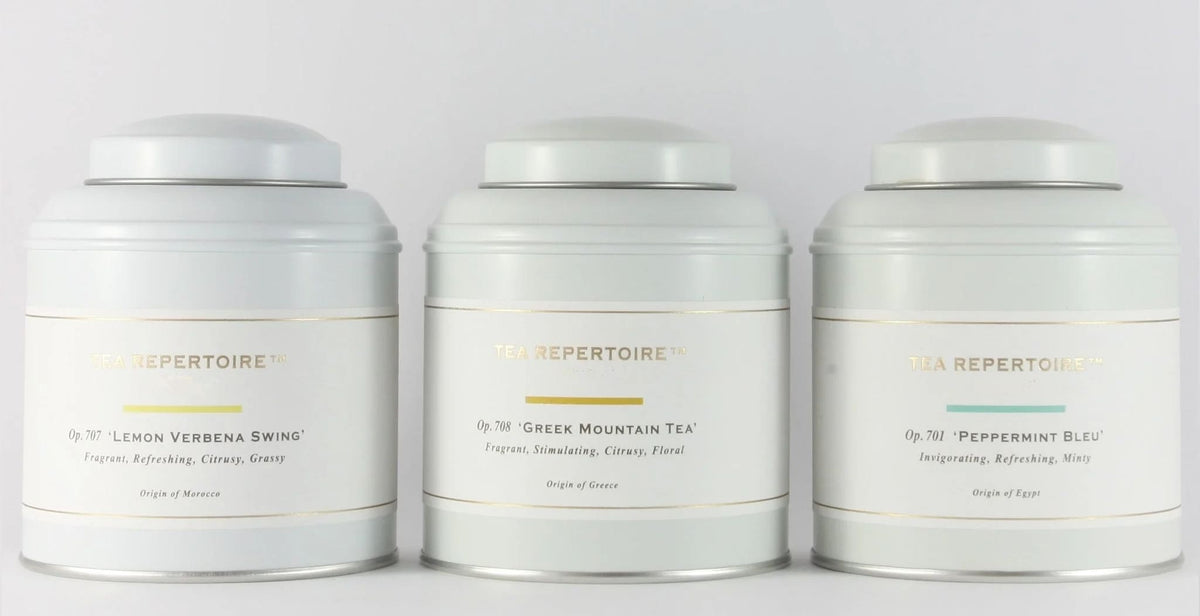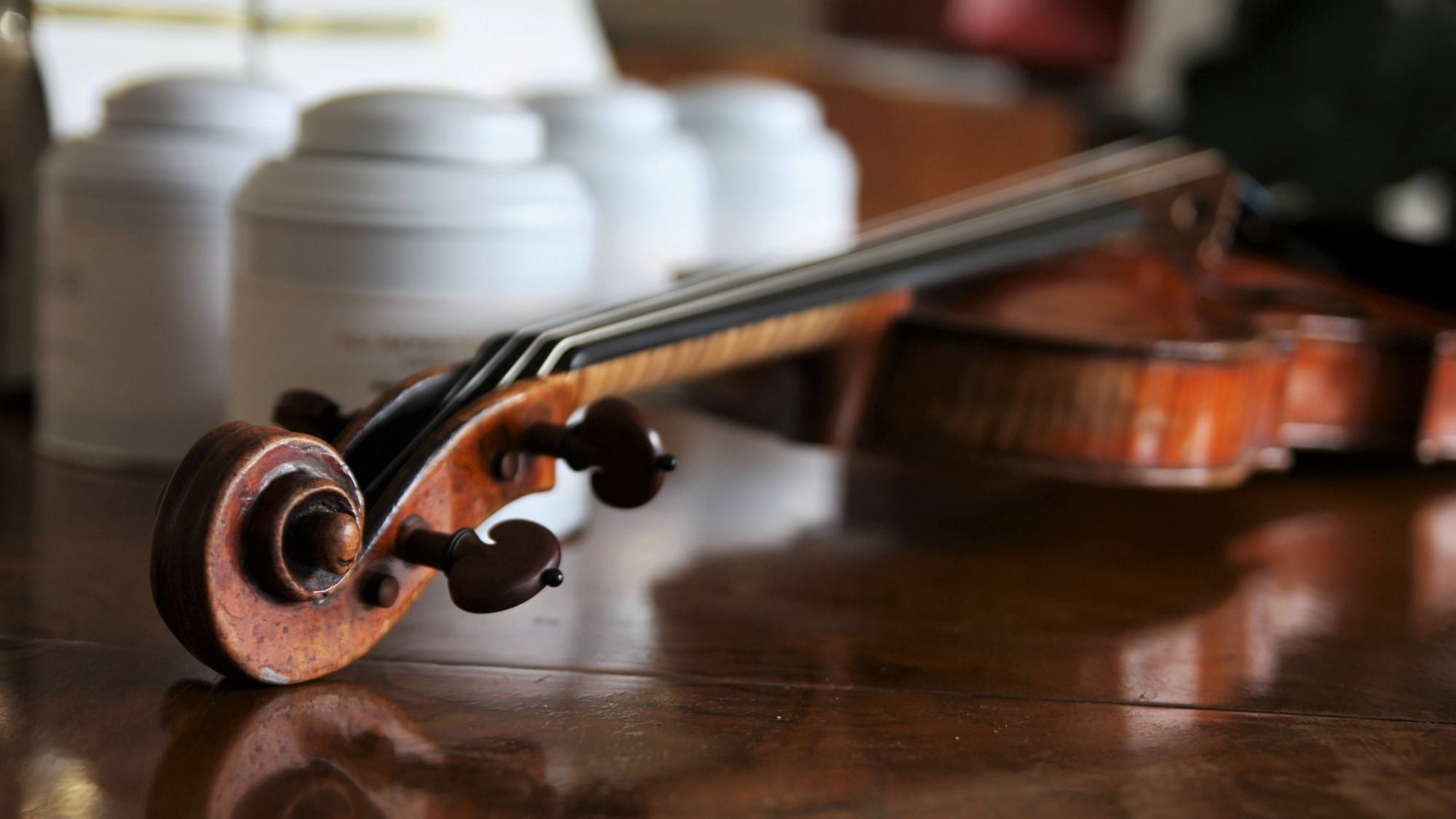Tea Pairing with Music: Darjeeling and Chausson

This month we met Eunsley Park, an award-winning, British-Korean violinist based in London. This highly gifted young violinist is tea-lover and believes in the ability of fine tea and classical music to enrich our lives and improve our sense of well-being.
Now that autumn is here, we sat down one afternoon to talk about connections and relationships between teas and pieces of music.
We loved Chausson’s Poeme with the Darjeeling Turzum Himalayan Mystic tea; a splendid, complex Second Flush Darjeeling, and decided to pair the two together.
In art, as well as in tea, background knowledge and context enhances our appreciation of it. Perhaps after reading our article below, you will be able to notice things you hadn’t before; hearing the details and intricacies in the music and tasting the layers of different notes in the tea.
The story behind Chausson’s Poeme
Inspired by a short novel written by a Russian writer, Ivan Turgenev, the Poeme narrates the story of two close friends: Fabio (a painter) and Muzzio (a musician), who both fall in love with the same girl: Valeria. Valeria follows her mother’s advice and marries Fabio, while Muzzio travels to the Far East to recover for 5 years. During his travels, Muzzio has acquired a mysterious Eastern violin, patterned with snakeskin on which he plays a melody called the “Song of Triumphant Love”. He returns, after experiencing the exotic and mystical world of the Orient, and finds that the couple are happily married and settled. However, Valeria cannot bear children and Fabio offers Muzzio accommodation in their garden.
The violin melody captivates Valeria, inducing a vivid erotic dream for both her and Muzzio. The call of the magic violin makes her sleepwalk into the garden to meet Muzzio who is also in a hypnotic trance. However, Fabio follows them and in a jealous frenzy, stabs his friend Muzzio. Then, normal life resumes for Fabio and Valeria until one day, sitting at the organ, Valeria finds herself playing the theme of the “Song of Triumphant Love” and feels the stirring of new life in her womb. “Could it be…?” Turgenev asks.
The melody played by the violin (heard after the piano introduction at the beginning) is in essence, the “Song of Love Triumphant”. Like there is diegetic music in film, where the music plays an active part within the story line, this “Song of Triumphant Love” is interwoven with the plot; it is played on an Indian violin, enchanting and mesmerising the main character.
Click the link to listen to Eunsley's performance of the Poeme.
About Darjeeling Turzum Himalayan Mystic tea
This supreme *second flush Darjeeling tea comes from the Turzum Tea Estate, West Bengal, India. The estate is perched on top of Darjeeling’s misty Rungbong Valley (1100m - 1700m above sea level), near the popular lake town Mirik. Due to the high elevation, the estate is usually covered with mist and fog.
The clonal variety of teas are well-known to produce spectacular Darjeelings with rich and complex floral bouquets. This tea does indeed stand out with its floral scents; evocative rose and refreshing cedar wood.These two aromas mingling together work in harmony and it is this perfect balance between the seductive rose and elegant yet dark, cedar wood notes, that evoke an image of a misty, wet forest.
This is why this supreme Darjeeling seemed like the perfect pair for Chausson’s Poeme.
*For those who are not familiar with different flushes of darjeeling black tea, second flush darjeeling is harvested from late May and produces an amber-coloured, more full-bodied liquor than the earlier first flush darjeeling tea. It offers a distinctive muscatel flavour with a good astringency.
The connection between Chausson Poeme and Darjeeling tea
When we taste food and tea, without knowing the context, we are reacting, responding to what our taste buds/sense of smell tell us. In the same way, music can directly provoke something to stir inside us regardless of how “educated” or cultured our ears may be. Chausson’s Poeme is such a piece that instantly sets a mood, it is impressionistic in its ability to set the scene - something nostalgic, something melancholic. Later on in the piece, we hear the wind rustling, whispering, blowing through leaves with undulated triplet figures, and with the climax, whether or not we know the details of the storyline, we can surely feel the intensity, the drama, as noted in Claude Debussy’s (the French composer and contemporary of Chausson) following remarks on this piece. "The freedom of its form never goes against its harmonious proportion. The sense of dreamy gentleness is at its most touching at the end when, leaving aside all trace of description and anecdote, the music becomes that very feeling which inspires its emotion. Such moments in the work of an artist are very rare”.
Because the tea itself has these woody, aromatic, complex, cedar wood notes, and of course because of its origins as well, it immediately send our taste buds on a mystical, sophisticated journey - purely on the the taste of the tea alone. However, sipping this tea while listening to the Poeme opened up a whole new dimension; the collaboration of both senses embrace the flavours of the East; the mystery of the Orient, the magic of the violin with its haunting melody.
The best music and the best tea inspire us. As sentient human beings, we naturally react to our senses being stimulated, being challenged, being seduced.
What a wonderful way to discover this magnificent tea alongside the backdrop of such alluring sounds this autumn!
Chausson, The Composer

Poeme falls under a period in Chausson’s life which opened with the death of his father in 1896, his association with the Symbolist poets and his discovery with the works of Russian writers such as Tolstoy, Dostoyevsky and Turgenev. In fact, Chausson owned a famous salon in Paris which welcomed many leading artists and poets, have made some sort of impact on him as a person, and as a composer.
We can see in the pieces written during this period such as Chanson perpetuelle, Serres chaudes, and the Poeme, that this stage in Chausson’s life, was marked by a certain oppressiveness and pessimism. The harmonic subtlety, the variety of material and the sonority of the writing convey his post-romantic tendencies.
The Poeme, regarded as his masterpiece, has been championed and tirelessly advocated by violinists Eugene Ysaye and Henri Marteau at the turn of the 20th century, it has now become a standard piece in the violin repertoire.
Eunsley Park, The Violinist
Leave a comment
Comments will be approved before showing up.
Also in TEA JOURNAL

The ultimate guide to matcha
Looking to master matcha? Learn how to choose the best matcha powder, prepare traditional Koicha and Usucha, understand flavor notes, and unlock powerful health benefits in this all-in-one guide.

How to Make the Perfect Hojicha Latte – A Barista’s Guide from Tea Repertoire
Discover how to craft the perfect Hojicha Latte — a smooth, nutty Japanese roasted tea drink that’s as comforting as it is refined. In this barista-approved recipe, Tea Repertoire shares the secrets behind achieving the ideal balance between roasted depth and creamy sweetness using organic Hojicha powder sourced directly from Shizuoka, Japan.

A Guide to Gifting Tea
A Guide to Gifting Tea: The Perfect Tea for Every Taste
Looking for the ideal tea gift? Whether it’s smooth Taiwanese oolongs, fragrant Jasmine Phoenix Pearls, or caffeine-free herbal teas, Tea Repertoire offers thoughtful recommendations to delight any tea lover. From rare Yunnan Purple Buds to crowd-pleasing Black Forest, discover premium teas for every palate. Learn more.



